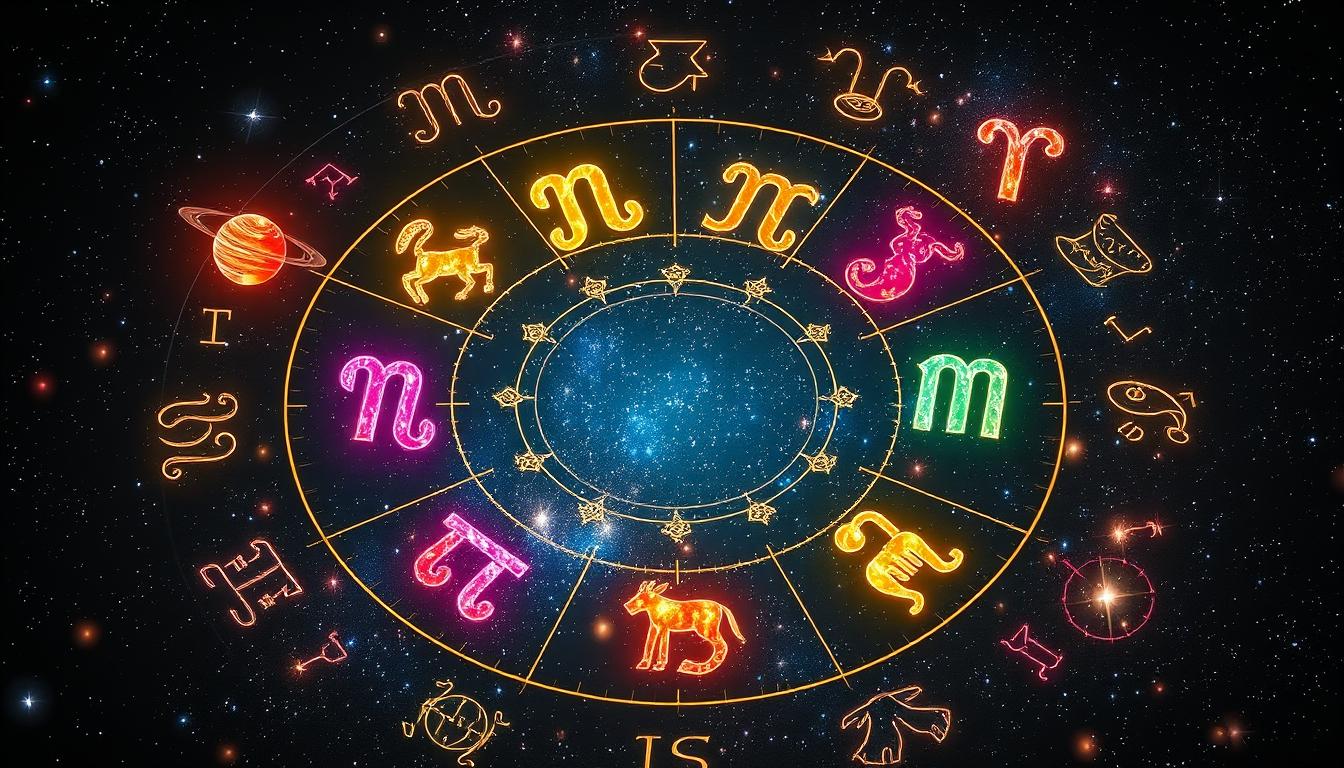The spiritual effects of having sex during menstruation vary significantly across cultures, influenced by historical beliefs and rituals. Some societies view menstruation as sacred, enhancing spiritual intimacy between partners, while others impose taboos viewing it as impure. In Hinduism, menstruation is celebrated, honoring femininity and life's cyclical nature. Conversely, Jewish law prohibits sexual relations during this time, categorizing it as unclean. Modern discussions challenge these traditional views, promoting open conversations about menstrual health and empowerment. Understanding these dynamics can reveal valuable insights into relationship satisfaction and spiritual connections, leading to deeper exploration of these cultural beliefs and practices.
Key Takeaways
- Some cultures view sexual activity during menstruation as sacred, enhancing spiritual connections between partners and honoring femininity.
- Taboos surrounding menstruation can lead to misunderstandings in relationships, while open discussions promote intimacy and emotional closeness.
- Indigenous rituals often celebrate menstruation, viewing it as a time of heightened spiritual energy and connection to nature.
- Modern movements challenge negative perceptions of menstruation, encouraging acceptance and positive engagement with the menstrual cycle.
- Social media fosters dialogue about menstruation, helping to break cultural taboos and promote awareness of its spiritual significance.
Introduction

Menstruation has long been a subject of varied beliefs and practices across cultures, intertwining spirituality and sexuality in unique ways. For many women, the menstrual cycle signifies not just a natural physical excretion but a powerful phase of life imbued with spiritual significance.
Cultural beliefs range widely; some view menstruation as a time of impurity, enforcing religious taboos against sexual intercourse during menstruation, as seen in Biblical texts. These historical perspectives have shaped contemporary views, influencing how intimacy and purity are perceived within various communities.
Conversely, other cultures, like those found in Hinduism, celebrate menstruation as sacred, honoring the feminine and the cyclical nature of life. Indigenous groups, such as the Kalash people, create supportive spaces for women during their menstrual periods, emphasizing community and connection.
Modern movements challenge traditional taboos surrounding menstruation, advocating for open discussions that promote a holistic understanding of menstrual health and women's empowerment.
Background

Understanding the spiritual implications of sexual activity during menstruation requires a look into the historical and cultural contexts that have shaped these beliefs. Many cultures have viewed menstruation as a time of impurity, leading to restrictions on sexual intercourse during this period.
For instance, Jewish laws regarding niddah explicitly classify sexual relations during menstruation as unclean, reflecting ancient societal concerns about physical and spiritual purity found in the Old Testament.
Conversely, some Indigenous cultures celebrate menstruation as a sacred and natural process. They engage in rituals that honor women's cyclical nature and their spiritual connection to the universe.
These cultural beliefs highlight the diversity in interpretations of menstruation's significance, with some viewing it as a time of heightened spiritual energy, while others impose strict social taboos.
Modern movements are challenging these traditional taboos, advocating for a more positive perspective on the spiritual significance of menstruation and sexual activity during this time.
As these ideas evolve, they encourage a reevaluation of the spiritual dimensions of menstruation, inviting a broader understanding of its role in various cultural and spiritual practices.
Cultural Perceptions of Menstruation

Cultural perceptions surrounding menstruation vary widely, influencing how societies view and treat this natural occurrence. In many Western cultures, menstruation is often shrouded in social taboo, leading to negative feelings among menstruating women. These cultural norms dictate that menstruation should be concealed, creating an environment where open discussion remains difficult.
Conversely, some Indigenous hunter-gatherer societies celebrate the menstrual cycle positively, devoid of the ritual impurity connotations found in many contemporary cultures.
In India, for instance, menarche is a significant rite of passage, yet restrictive menstrual taboos persist, including practices that exclude menstruating women from kitchens. Similarly, in Japan and Confucian-influenced Chinese societies, menstrual taboos reflect broader themes of ritual impurity. These cultural perceptions often inhibit physical intimacy during menstruation, reinforcing the stigma surrounding this natural process.
While some cultures embrace menstruation as a spiritual experience, others impose rigid restrictions that contribute to a cycle of shame and misunderstanding. Ultimately, the diverse cultural beliefs regarding menstruation highlight the need for continued dialogue and education to challenge harmful stereotypes and promote a more accepting view of this vital aspect of womanhood.
Social Media Discussions on Menstruation

Conversations about menstruation have found a vibrant platform on social media, where individuals openly share their experiences and challenge long-standing taboos. Hashtags like #PeriodTalk and #MenstruationMatters have gained traction, building communities that advocate for menstrual awareness and destigmatization.
These online discussions not only address menstrual health but also highlight the cultural practices and spiritual significance associated with menstruation.
Influencers and activists play a crucial role in utilizing social media to educate their followers about menstrual hygiene and health issues. Their efforts contribute to a broader understanding of menstruation, making it easier for young people to engage in these conversations.
A 2021 survey revealed that 67% of young individuals feel more comfortable discussing menstruation because of social media, indicating a significant shift towards openness and education.
Initiatives like "Menstrual Cycle Awareness Month" harness the power of social media to promote discussions around menstrual health, encouraging individuals to reflect on the spiritual and cultural significance of their experiences. Such initiatives aim to break the stigma surrounding menstruation and foster a more inclusive dialogue that uplifts diverse narratives. By leveraging platforms where communities converge, they make these conversations accessible and relatable, inspiring collective growth and understanding. In the same vein, discussions around other cultural movements, like “No Nut November,” often arise, with individuals seeking clarity as no nut november rules explained through memes, videos, and shared stories that spark both reflection and humor.
Influence on Relationship Dynamics

Many couples find that engaging in sexual activity during menstruation can significantly influence their relationship dynamics. For some, the act fosters greater intimacy and emotional closeness, allowing partners to communicate more openly about their feelings and preferences. This openness enhances understanding and strengthens their bond during the menstrual period.
Cultural beliefs surrounding menstruation play a crucial role in shaping these dynamics. In cultures where menstrual blood is viewed as sacred, sexual relations during this time can deepen the spiritual connection between partners. Conversely, in societies that impose taboos, engaging in intimacy may create tension and misunderstandings. These varied perceptions can lead to differing levels of comfort and acceptance regarding sexual activity during menstruation.
Research indicates that couples who discuss their views on menstruation openly often experience higher relationship satisfaction. Good communication helps partners navigate their feelings around intimacy, leading to mutual respect and healthier dynamics.
Ultimately, whether viewed as a natural expression of love or a taboo, the influence of sexual relations during menstruation is profound, affecting emotional closeness and the overall quality of the relationship.
Frequently Asked Questions
What Does Sex on Your Period Mean Spiritually?
When exploring what sex on one's period means spiritually, many view it as a time of heightened intuition and connection.
For some, it symbolizes a celebration of feminine energy and bodily autonomy, challenging societal taboos.
Engaging in sexual activity during menstruation can also be seen as honoring natural cycles and embracing the sacredness of the menstrual process.
This act may enhance spiritual alignment, fostering a deeper connection to oneself and the universe.
What Is the Cultural Significance of Menstruation?
Menstruation holds significant cultural meanings across various societies. In Hindu culture, it symbolizes purification and the goddess's power.
Conversely, among the Huaulu of Indonesia, menstruating women must isolate in huts, reflecting beliefs about supernatural forces.
Jewish traditions enforce strict rules around menstrual blood, marking it as ritually unclean.
Meanwhile, some Indian communities impose taboos, restricting girls from cooking or religious activities.
These practices highlight the diverse and complex cultural perceptions surrounding menstruation.
What Is the Spiritual Connection to Menstruation?
She recognizes menstruation as a time of profound spiritual connection.
Many believe it aligns women with nature's cycles, enhancing their intuition and creativity. In various cultures, menstruation embodies renewal and fertility, linking women to the divine feminine.
Rituals often celebrate this sacred time, fostering community among menstruators. By embracing their cycles, women find empowerment and a deeper understanding of their bodies, acknowledging the spiritual significance that menstruation holds in their lives.
What Does God Say About Sex During Your Period?
When considering what God says about sex during menstruation, interpretations vary.
Some people refer to Old Testament laws, which prohibit sexual relations during this time, viewing it as a matter of ritual purity.
However, many modern Christians believe that New Testament teachings emphasize love and respect over such prohibitions.
They argue that intimacy during menstruation isn't inherently sinful, as the focus shifts to personal convictions and mutual consent within marital relationships.









